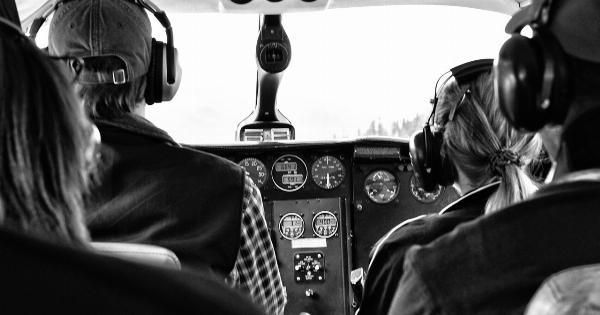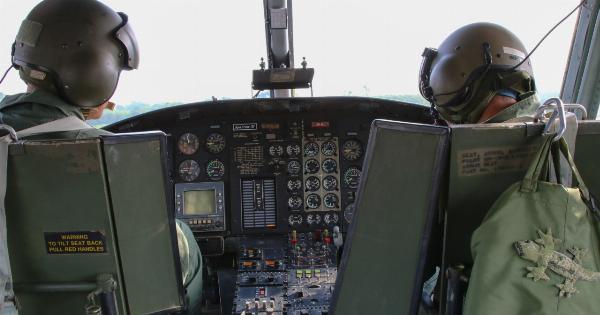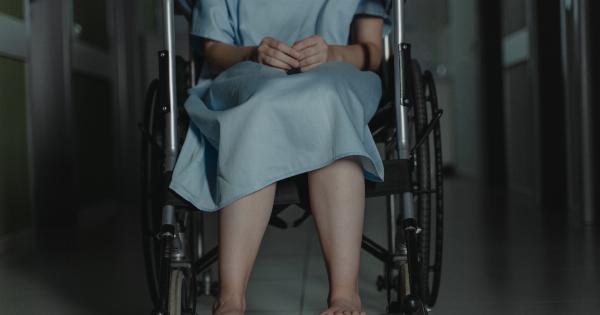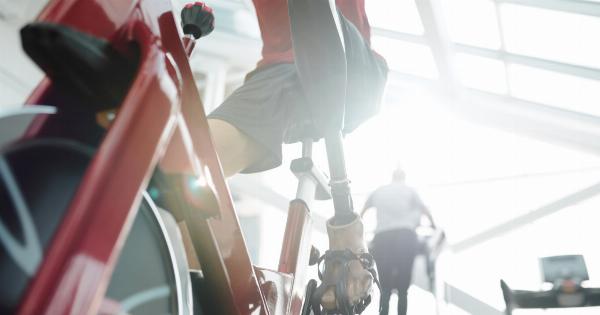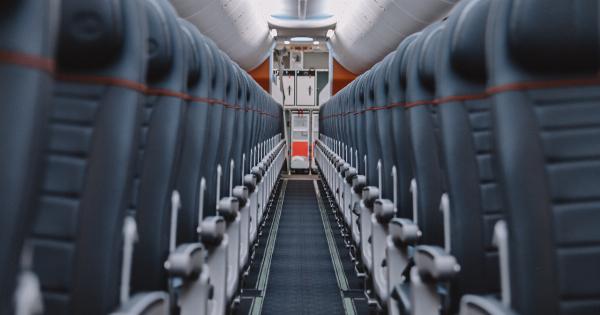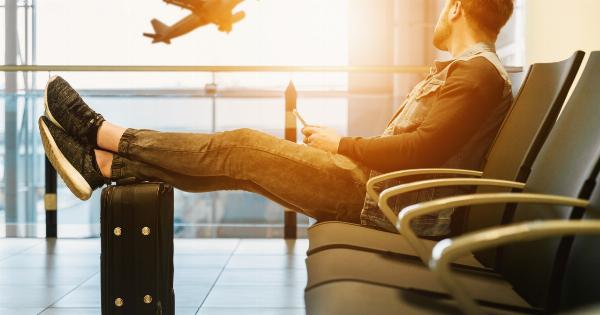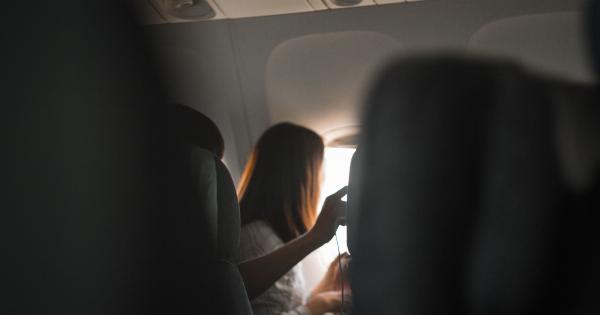Going through surgery can be a daunting experience, and the road to recovery can be filled with uncertainties. One common question that arises during this time is whether it is safe to travel by air after surgery.
The answer to this question depends on several factors, such as the type of surgery, the individual’s overall health condition, and the timing of the trip. In this article, we will explore the considerations and precautions to take when it comes to air travel after surgery.
1. Consult your healthcare provider
Before making any post-surgery travel plans, it is crucial to consult your healthcare provider. Your doctor knows the specifics of your surgery and can provide the most accurate advice based on your individual condition.
They can evaluate your situation and guide you on whether it is safe to travel by air and when it would be appropriate to do so.
2. Assess the type of surgery
The safety of air travel after surgery greatly depends on the type of surgery you underwent. Some surgeries are relatively minor, with a short recovery period and minimal risk of complications.
In these cases, it may be safe to travel by air soon after the operation. However, more complex surgeries or procedures involving major organs may require a more extended recovery period before air travel is considered safe.
3. Consider the nature of the flight
The duration of the flight and the altitude reached are important factors to consider when evaluating the safety of air travel post-surgery.
Shorter flights, especially those lasting less than two hours, carry a lower risk compared to long-haul flights that can last for several hours or involve multiple connections. Additionally, higher altitudes can affect the body’s oxygen levels, which may impact healing and increase the risk of complications, especially for surgeries that involve wound healing or tissue repair.
4. Evaluate your overall health condition
In addition to the type of surgery, your overall health condition plays a crucial role in determining the safety of air travel after surgery.
Chronic health conditions, compromised immune systems, and existing complications can all increase the risk associated with traveling, especially during the immediate postoperative period. It is essential to consider your overall health and potential risks before making any travel arrangements.
5. Timing is key
The timing of your trip is an essential factor to take into account. It’s generally recommended to wait at least 7-10 days after surgery before considering air travel.
During this period, your body begins to heal, and any immediate postoperative complications are likely to arise within this timeframe. It is advisable to allow your healthcare provider to assess your progress before embarking on a flight.
6. Postoperative complications
If you experience any postoperative complications, it is crucial to address them before planning any air travel.
Complications such as infections, blood clots, or the need for additional procedures can significantly impact your suitability for air travel. Consult with your healthcare provider to ensure that your condition is stable, and it is safe for you to fly.
7. Physical limitations and comfort
Sitting in an airplane seat for an extended period can be uncomfortable even for healthy individuals. Post-surgery, your body may be more sensitive, and you may have physical limitations or require special accommodations.
You may need extra legroom, cushions for support, or assistance with mobility. Considering these factors and communicating your needs with the airline in advance can make the journey more comfortable and reduce the risk of complications.
8. Movement and circulation
Long periods of inactivity during air travel can increase the risk of blood clots or deep vein thrombosis (DVT). This risk can be higher after surgery due to limited mobility and the body’s healing process.
It is advisable to move around the cabin regularly, stretch your legs, and perform simple exercises to promote circulation during the flight. Wearing compression stockings may also be recommended to reduce the risk of blood clots.
9. Altitude and pressure changes
The changes in altitude and pressure during air travel can affect individuals differently, especially after surgery.
If you have undergone any procedures involving the sinuses or ears, such as ear tubes or nasal surgery, changes in air pressure can cause discomfort or complications. Consulting with your surgeon or healthcare provider can help determine whether it is safe for you to fly and if any precautions need to be taken.
10. Precautions to take
When traveling by air after surgery, some precautions can help reduce the risks and ensure a smoother journey:.
– Follow your doctor’s instructions and recommendations regarding air travel.
– Stay hydrated throughout the flight.
– Avoid alcohol and limit caffeine intake, as these can contribute to dehydration.
– Take all necessary medications with you and keep them easily accessible.
– Take frequent breaks to walk and stretch during longer flights.
– Use compression stockings if recommended by your healthcare provider.
– Inform the airline about your condition and any special accommodations you may require.
– Consider travel insurance to provide coverage in case of unexpected complications.
Conclusion
When it comes to air travel after surgery, there is no one-size-fits-all answer. The safety and suitability of flying post-surgery depend on various factors, including the type of surgery, individual health condition, and timing.
Consulting with your healthcare provider is crucial to receive personalized advice based on your specific circumstances. By taking necessary precautions and listening to medical guidance, you can make an informed decision and ensure a safe journey during your post-surgery recovery period.










